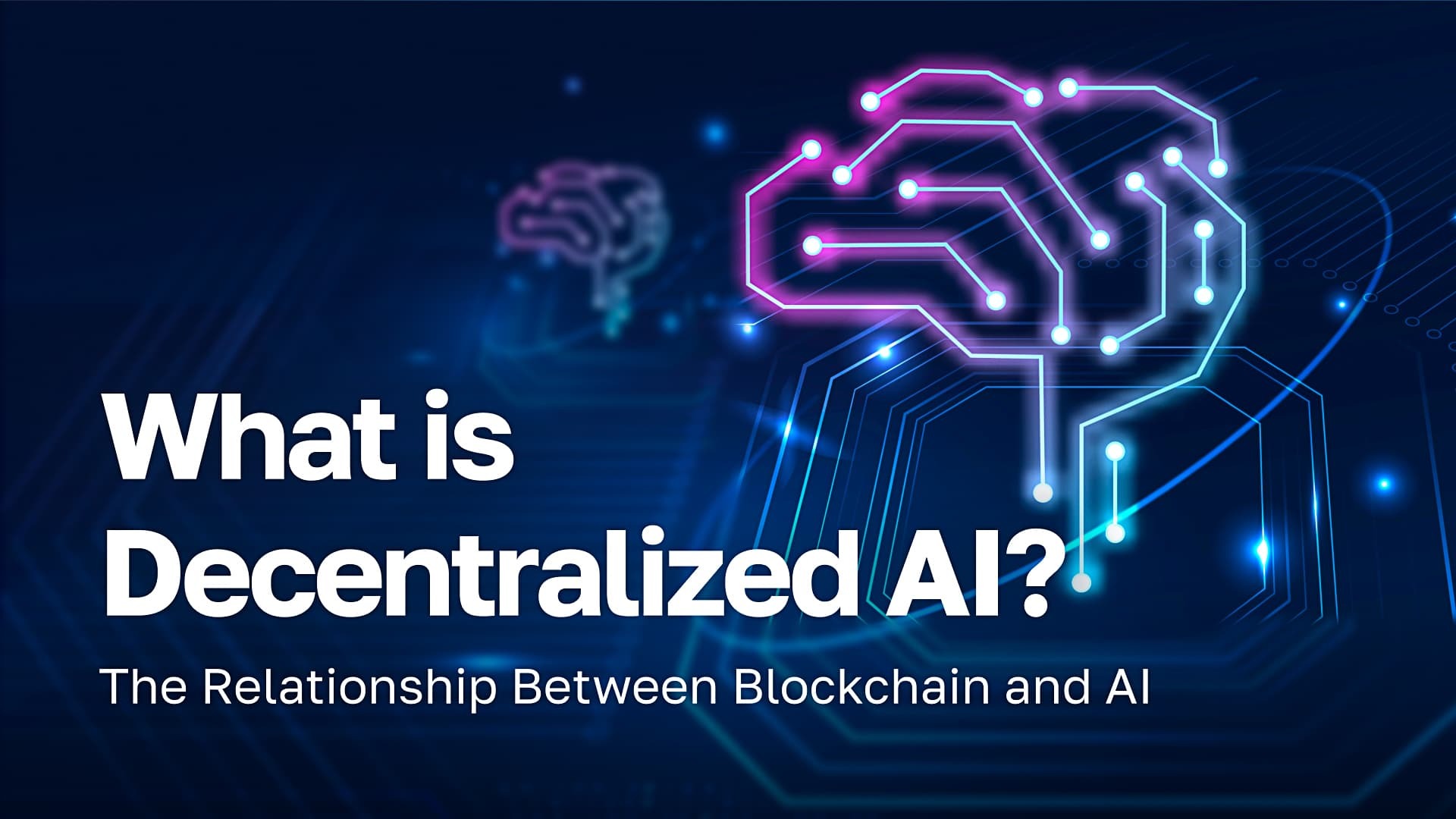Artificial Intelligence has traditionally relied on centralized models where data, computation, and decision-making are concentrated within a single entity. However, as AI continues to expand, decentralized AI offers a more robust, transparent, and scalable alternative. This article explores decentralized AI, its core principles, technologies, advantages, and potential future applications.
What is Decentralized AI?
Decentralized AI refers to the integration of artificial intelligence with decentralized networks, often powered by blockchain technology. Unlike centralized AI systems that rely on a single entity for decision-making and computation, decentralized AI distributes these functions across a network of nodes. This ensures transparency, enhanced security, and reduced risk of failure or bias.
Decentralized AI uses consensus mechanisms to make decisions, maintain trust, and distribute computing power. This approach eliminates single points of failure, making AI systems more resilient and equitable.
How Decentralized AI Works

Decentralized AI operates by leveraging distributed networks, decentralized data storage, and collaborative computation. Let’s break down the key components:
- Distributed Networks: These networks consist of numerous nodes (computers) that perform tasks collectively, ensuring no single entity controls the system.
- Blockchain Technology: Blockchain provides a secure, transparent ledger where all AI-related activities are recorded. It ensures integrity, data immutability, and verifiability.
- Decentralized Data Storage: Instead of storing data on a central server, data is stored across multiple nodes. Technologies like IPFS (InterPlanetary File System) enable efficient and secure storage.
- Consensus Mechanisms: Nodes agree on computations and data integrity through consensus algorithms like Proof of Work (PoW) or Proof of Stake (PoS).
- Smart Contracts: Self-executing contracts automate transactions and tasks within the AI network, ensuring transparency and efficiency.
Key Technologies Powering Decentralized AI
Blockchain
Blockchain ensures secure, transparent, and tamper-proof records of all AI activities. Platforms like Ethereum, Polkadot, and Hyperledger facilitate decentralized computation and smart contract deployment.
Edge Computing
Edge computing enables data processing at the “edge” of the network, close to where data is generated. This reduces latency and improves the speed of AI operations.
Federated Learning
Federated learning allows multiple entities to train AI models collaboratively without sharing raw data. Each participant trains a local model, and updates are aggregated to create a global model.
IPFS (InterPlanetary File System)
IPFS is a peer-to-peer protocol for storing and sharing files in a distributed manner. It enhances data availability and ensures decentralized storage for AI systems.
Future of Decentralized AI
Decentralized AI is poised to revolutionize industries by making AI systems more secure, transparent, and equitable. As blockchain technology and edge computing continue to advance, we will see wider adoption of decentralized AI models in healthcare, finance, transportation, and beyond.
Innovations in federated learning and decentralized computation will enable AI systems to leverage vast amounts of data without compromising privacy. As regulatory frameworks evolve, decentralized AI will become an integral part of the digital economy. Know more: https://www.artificialintelligence-news.com/news/a-new-decentralised-ai-ecosystem-and-its-implications/














 By
By







